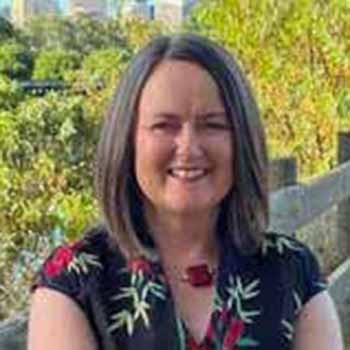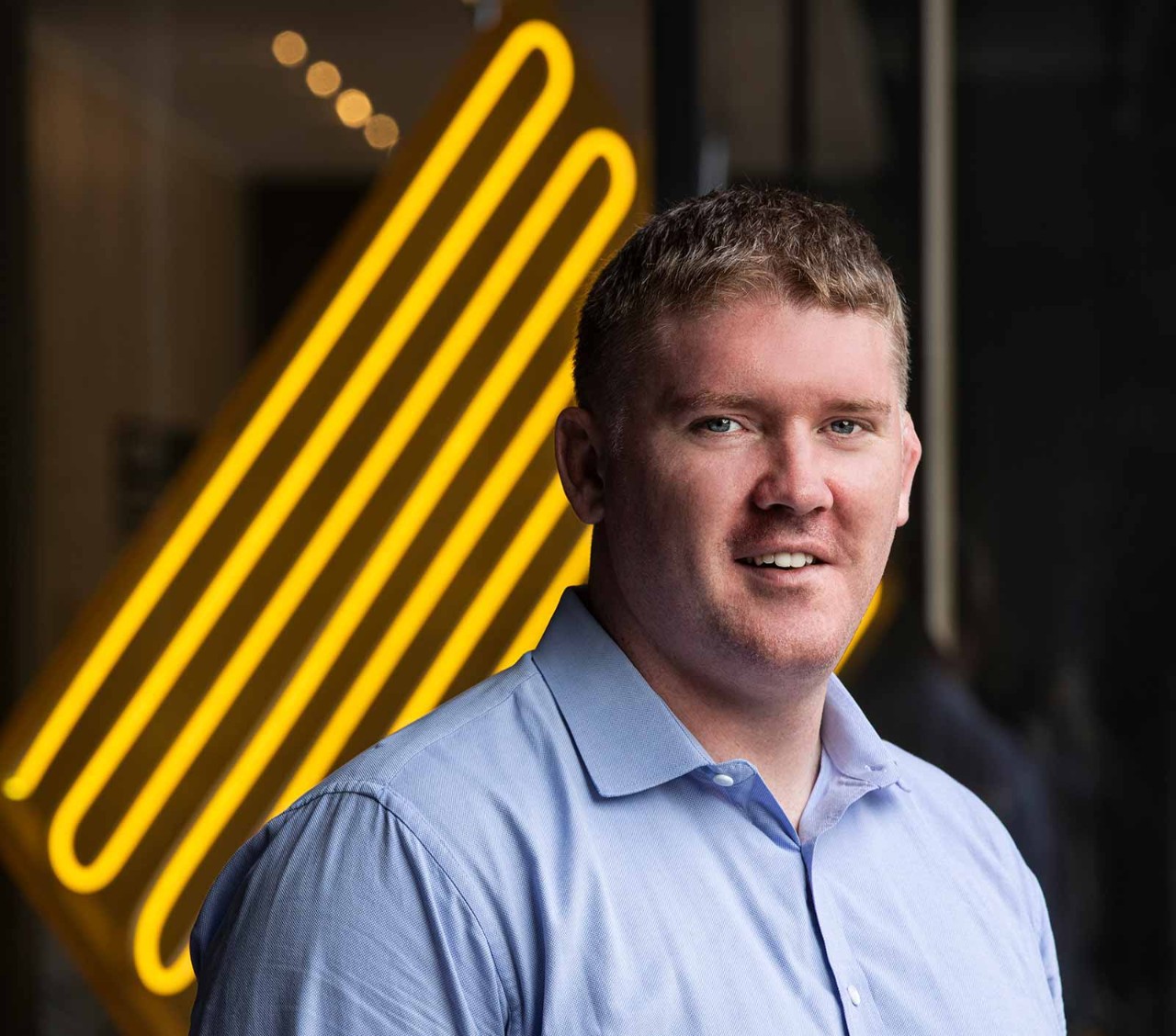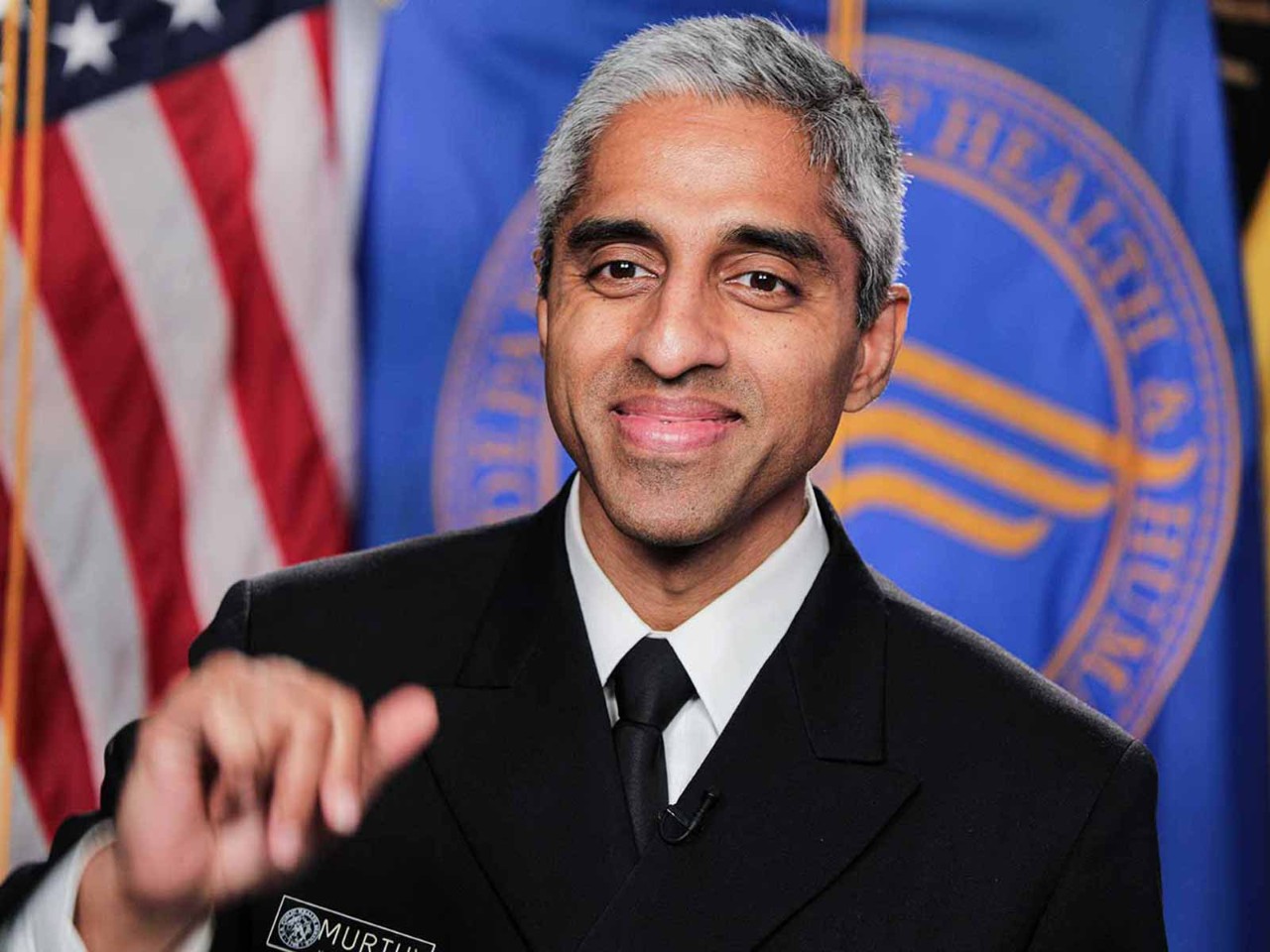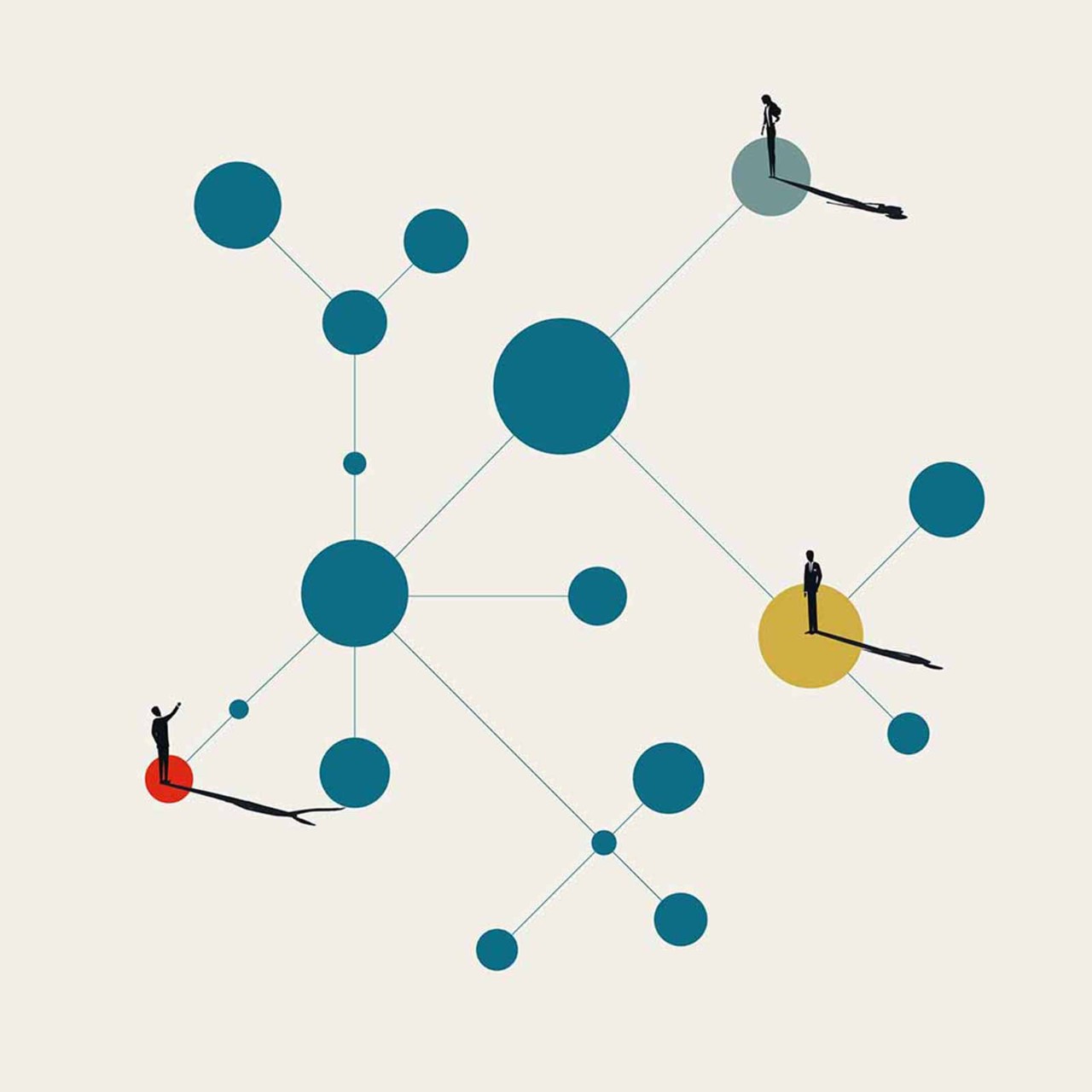I never really knew what I wanted to be when I grew up, perhaps I still don’t. I gravitated to the logic and reason of accounting, not so much the numbers, and ACCA offers a professional and tertiary education to many people who may otherwise not have had the opportunity.
I decided to dive straight in. I enrolled full time at Accountancy and Business College (now Dublin Business School) in Dublin, Ireland. I won my first professional role in a small local practice, learning under the guidance of Maurice Counihan and Martin Kennedy while I studied at night. ACCA offers inclusivity to members all over the globe.

I meet fabulous people and learn about all kinds of industries
I really enjoy contracting. I meet fabulous people and learn about all kinds of industries. I’m currently working in Australia as a business analyst across IT and operational teams to identify the best possible ways to archive data from bespoke business applications that have been developed over 40 years. My business reporting acumen really comes in useful here, as I can elicit requirements from a variety of stakeholders and seek legal interpretation of key legislation that will guide the solution. This is very new to me and most rewarding.
A memorable project was with the University of Adelaide as a business analyst to rectify issues raised in an audit. The university receives an enormous number of research grants from a myriad of sources. There were some gaps in the project accounting framework that made it difficult for finance and academics alike to understand their project funding or balances available. There were many manual processes and poor reports. It became apparent that accountants were spending a lot of time adding up spreadsheets to make ‘reports’, reducing the time to provide thorough analysis. Their work was always reactive – frantically adding up the costs when a report to the donor was required.
I worked with IT, finance, and academics at the university to identify the gaps and reporting requirements. I designed and tested life-to-date reports that enabled the finance teams to run reports over multiple financial years for any date range. It was a game-changer. It saved time and resources, and provided accuracy as the data was pulled directly from the general ledger – a single source of truth. I then prototyped a simple project budget template, which was used for a few years and informed a more integrated project budget solution later.
I went to Burundi as country accountant not too long after the Rwandan genocide
Where I can, I like to work with not-for-profits – my way to give back somehow. In the very early days of my career, I had the opportunity to work with Concern Worldwide. It is a time I’m most proud of, and a little sad about. I first worked in the Dublin office, sorting through paperwork sent from Kosovo to prepare financial statements. I then went to Burundi as country accountant not too long after the Rwandan genocide, and the country was trying to stabilise.
At Concern Worldwide I met some amazing people who were working so hard, with so many programmes to assist a variety of humanitarian needs. My role was to ensure grants and donations were accounted for correctly and to train local staff. I have so many stories. Unfortunately, Burundi became unstable, and I accepted the option to return to Ireland early. Shortly after my return, the final members of the team were repatriated.
On completion of my ACCA studies, I took a year to backpack around Australia, a country I’d wanted to visit since my childhood days of watching Skippy on TV. I fell in love with the blue skies, sunshine and multiculturism. Living in Australia, for me, is experiencing lots of countries at once. Life was never the same and a few years later I applied for a skilled migrant visa with my partner and we said ‘g’day’ to a new chapter.
My advice to young professionals would be that a career in accounting can take you anywhere – if you want it to. It’s not just about the numbers. Be brave, be bold, be you. Know your values, know what you are worth, never stop learning, and if you don’t like it, leave it.





